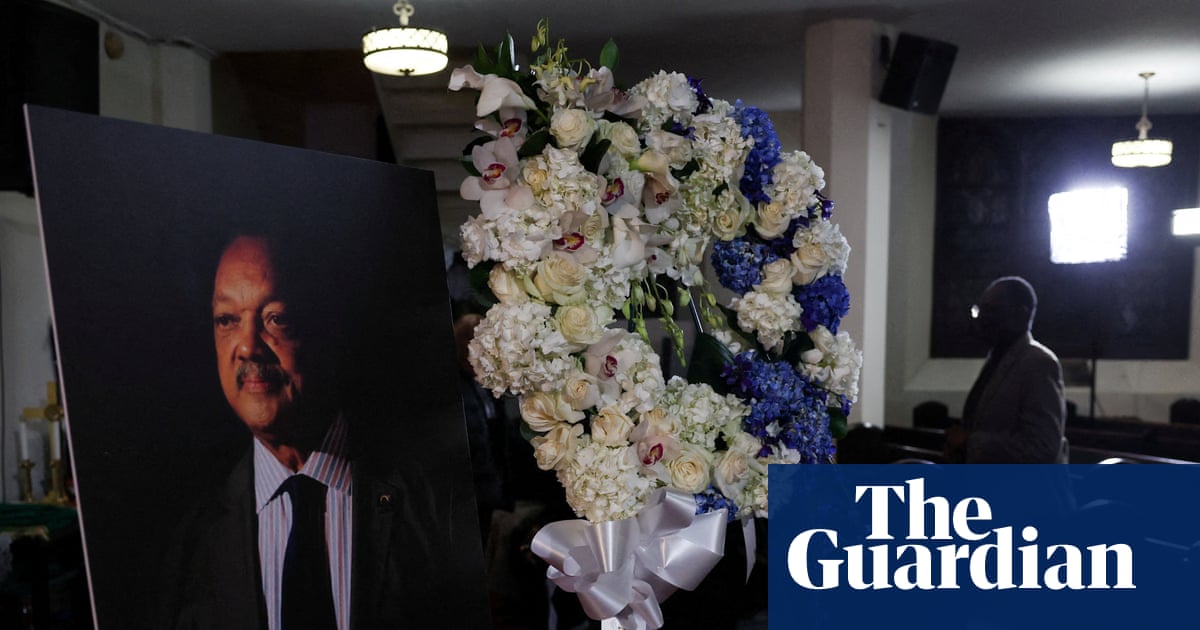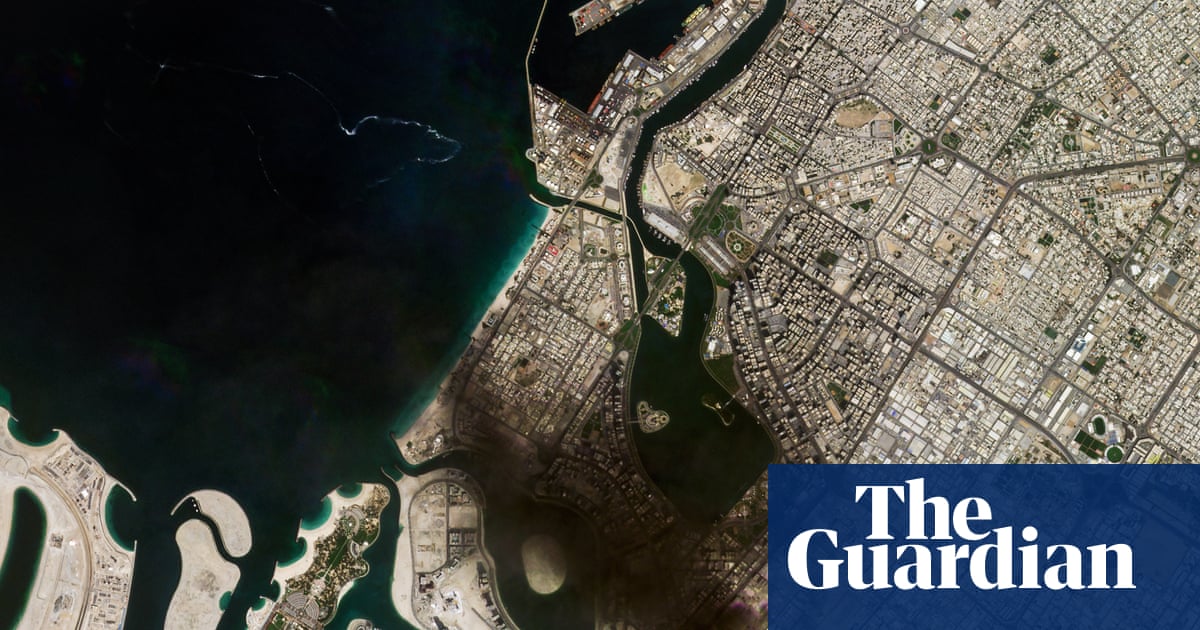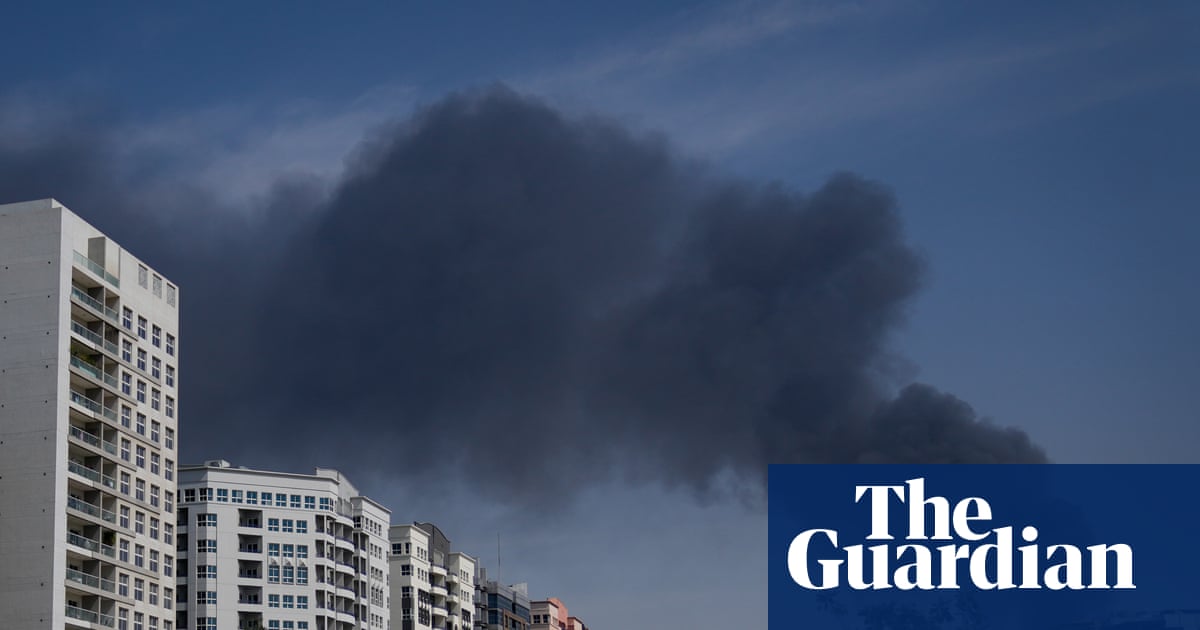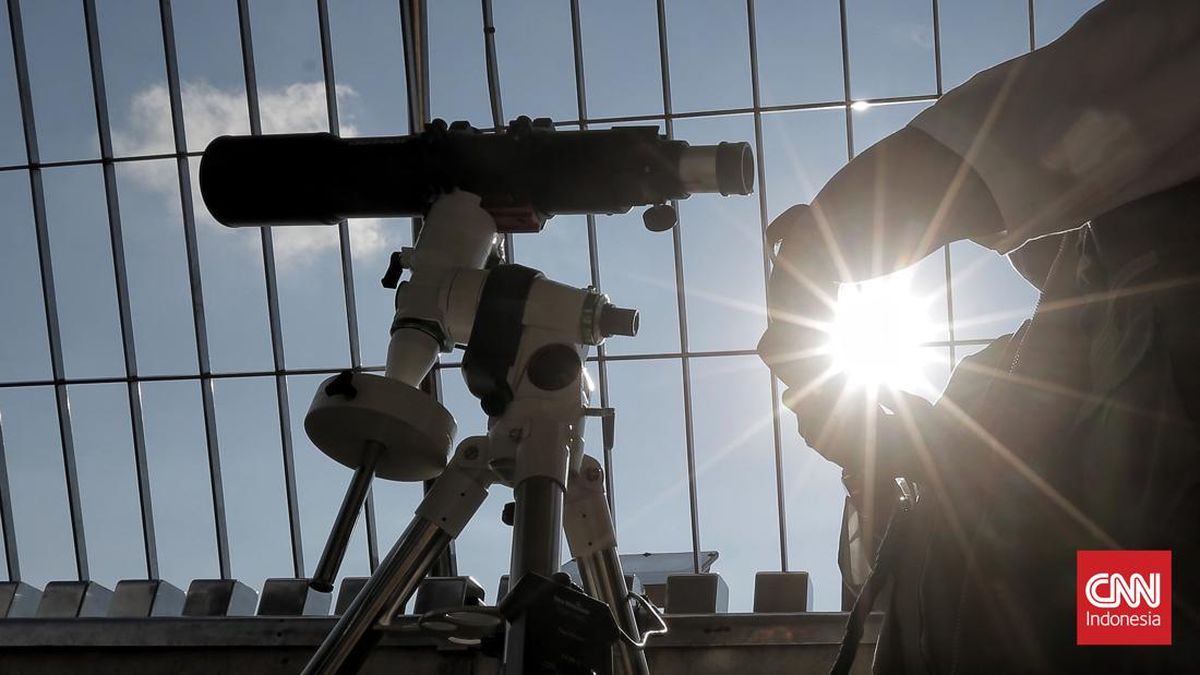When Hayden Fisher moved to Sydney from Wellington a year ago, the financial gains were immediate.
In New Zealand, Fisher was “putting groceries on Afterpay” and would regularly spend half of his wages on the weekly food shop. In Australia, he’s spending about a quarter of that amount.
Working in a bookshop, the 24-year-old says he has “a path to economic stability”, which felt impossible in Wellington.
“I love New Zealand, I love the people, the culture … but I feel like the National party are mismanaging it,” Fisher says, adding that he would consider moving back only if conditions for students and renters became more “liveable”.
Fisher is one of tens of thousands of people choosing to leave New Zealand, as the country experiences record numbers of departures amid a weak economy.
Provisional data from Stats NZ shows 73,900 New Zealand citizens departed in the year to August 2025, up from the previous record of 73,300.
More than half – 58% – of all New Zealand citizens who left the country in 2024 moved to Australia, where average weekly incomes are higher and New Zealand citizens have work and residency rights. Increasingly, family members are choosing to join them across the Tasman.
In 2024, there was a net migration loss of 30,000 people from New Zealand to Australia – the highest number in more than a decade, according to Stats NZ.
As New Zealand grapples with the loss, experts in Australia say the flood of arrivals are a boost to the local economy – plugging gaps in sectors like healthcare and construction.
Prof Alan Gamlen, director of the Migration Hub at the Australian National University (ANU), says the flow of recent arrivals is in part tied to New Zealand’s weak economy but also follows an established trend.
“From the 1970s the flow towards Australia started to outweigh the flow from Australia to New Zealand,” he says. Gamlen points to “overseas experience” or OE – a cultural rite of passage for many Kiwis to spend time abroad, which is amplified by the country’s remote geography and small scale.
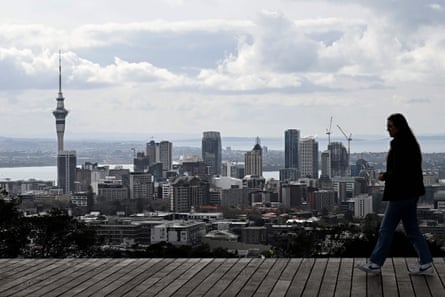
“The current high influx is linked to the economic downturn in New Zealand, which feels global shocks – like the long tail of the Covid-19 pandemic – more intensely.”
Gamlen says the wage gap between the two countries is shown in GDP per capita: in Australia, it is about $64,400, while in New Zealand it is about $48,000, according to World Bank data.
‘Insane’ money and opportunities
Genevieve Fulton, 22, is among the recent arrivals. She moved to Melbourne in January and says her casual job in Wellington paid about NZ$22.70 (A$19.85) per hour, but in Australia she earns “over double that” on weekends.
The higher pay allows her to work fewer hours in hospitality, freeing up time to build her intended career in illustration.
“Wellington is starting to feel quite hollow and a bit spooky, just not really the country that I feel like I grew up in,” Fulton says, describing an environment where her friends are “struggling to find any sort of work”.
She says the opportunity for growth was limited in New Zealand. Her brother, a welder, moved to Melbourne two years before her and says there is more work and the “money is just insane”, she says
Like Fulton, Tyla Vaeau also felt New Zealand was changing. Vaeau, a Tufuga tātatau – master of traditional Samoan tattooing – relocated to the Gold Coast in January.
“If you asked me two years ago if I would ever move to Australia, my answer was a staunch ‘no’,” she says. “However, Auckland is changing – it doesn’t feel like the Auckland I grew up in any more.”
Vaeau moved to Australia to be closer to her family, who had already permanently relocated. She now considers a return improbable: “I would need my sister, my nieces and nephews and my parents to all move back with us – that is not affordable with the current cost of living and housing crisis in Auckland.”
Andy Fechney, 25, who moved to Sydney from Christchurch for a graduate program, says the decision was career-focused.
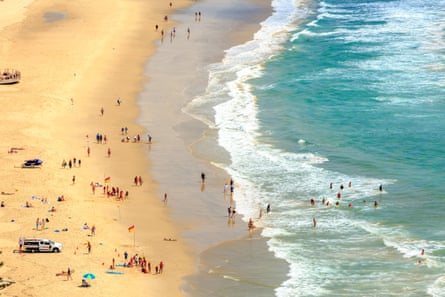
Photograph: Martin Berry/Alamy
“Purely from an opportunities point of view, there’s just a lot more things happening in Australia,” he says.
Analysis by the ANU Migration Hub found 80% of the New Zealand diaspora lives in major Australian cities. In 2021, more than a third of the New Zealand-born population was concentrated in Brisbane and the Gold Coast (21.4% and 15.9%, respectively), followed by Melbourne (19.3%) and Sydney (17.4%).
But significant numbers in Queensland, Western Australia and South Australia reside in regional and remote areas, often linked to the mining and resource sectors.
Gamlen says the influx of New Zealanders to Australia is a “vital source of flexible labour” in sectors such as hospitality, construction and healthcare.
New Zealanders are “net-positive contributors to the Australian fiscal purse … it’s always been the case that they contribute more in taxes than they consume”, he says.
While New Zealand often worries about “brain drain”, Gamlen says the flow of people should be considered “brain exchange”. Having a large, skilled diaspora is “really useful”, allowing New Zealand to “punch above its weight politically and diplomatically” through its expatriates.
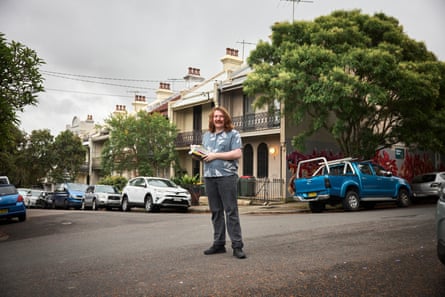
For many New Zealanders living in Australia, a return seems unlikely – at least in the near term.
Fechney doesn’t intend to move home to New Zealand “any time soon” , he says.
“To move back, there would need to be a really great opportunity for work, or some sort of family turmoil. As much as I love it, there’s only about five-and-a-half million people in New Zealand.”
Most of Fulton’s friends in Australia are also New Zealanders, who are enjoying their time in Australia and plan to stick around.
“New Zealand is a beautiful country, but … a bunch of beautiful mountains can’t really pay your rent and pay your bills.”

 3 months ago
87
3 months ago
87




